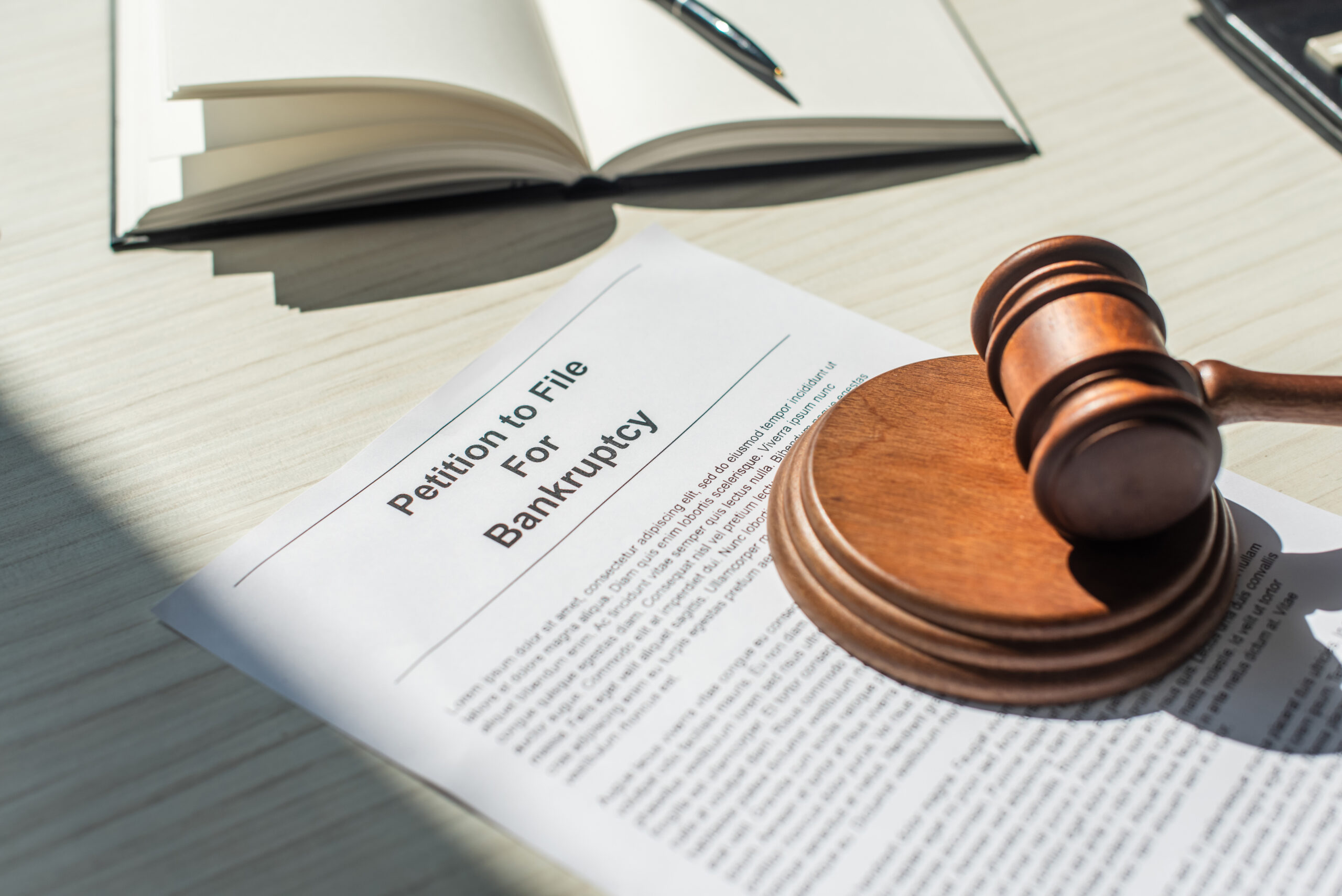By: Editorial Staff, Date: March 18th, 2024
The risk of financial instability and potential bankruptcy is ever-present, regardless of a company’s success. Business owners must understand corporate bankruptcy and how it can aid in restructuring their business in the event of financial challenges.
When businesses experience financial difficulties and have no ability to pay off their debts, they could file for bankruptcy to help them get a fresh start. This opportunity could assist them in repaying their debts without collectors troubling them and allow them to continue operating their business.
This article will provide insights into the various types of bankruptcy, the bankruptcy process, and strategies to avoid it.

Different Types of Business Bankruptcy:
There are different types of bankruptcy that businesses might consider depending on their needs.
- Chapter 7
Chapter 7 Bankruptcy, also known as liquidation, is the most common type of bankruptcy. This type of bankruptcy allows businesses to liquidate their assets, which can then be used to pay off their creditors.
- Chapter 11
Chapter 11 bankruptcy, also known as reorganization, is another type of bankruptcy that enables businesses to restructure their debts while maintaining their operations. In this type of bankruptcy, debtors create a plan outlining how they will continue their operations while repaying their debts. This plan must be approved by the court and their creditors.
- Chapter 13
Chapter 13 bankruptcy, also known as a wage earner’s plan, is typically for individuals and sole proprietorships. In this chapter of the Bankruptcy Code, debtors can propose a payment plan to creditors, allowing them to pay off debts in installments over three to five years.
How to File a Bankruptcy
Here is an overview of how to file for bankruptcy:
- Assess your financial situation: Before proceeding with the bankruptcy process, a thorough review of a business’s financial records, including income statements, balance sheets, and tax returns, is necessary to assess its financial health and determine the best course of action. This process will help guide businesses through the bankruptcy process.
- Consult a bankruptcy lawyer: Consulting with a legal expert specializing in bankruptcy is a crucial step within the bankruptcy proceedings. These professionals play a pivotal role in offering advice and guidance to debtors, helping them in navigating the bankruptcy process.
- Prepare the necessary documents: Documents such as the bankruptcy petition, list of assets and liabilities, and financial affairs statement need to be prepared carefully. All the information contained in these documents must be accurate and complete to ensure that there are no potential issues throughout the process. Once the necessary documents are prepared, they should be filed with the court where the business is located.
Strategies to Avoid Bankruptcy
The risk of bankruptcy typically frightens business owners due to the consequences of its aftermath. Avoiding this risk can help businesses avoid financial challenges. Here are some strategies to avoid business bankruptcy.
- Proper cash flow management: Proper cash flow management, achieved through projecting cash flows, monitoring expenses, and boosting revenue, can help businesses address challenges and maintain liquidity, thus preventing financial crises.
- Invoice factoring: Invoice factoring enhances cash flow and reduces financial stress by selling outstanding invoices to a factoring company at a discounted rate for immediate cash. It improves liquidity, enables timely payments to vendors, and helps prevent bankruptcy.
- Cost reduction: Eliminating unnecessary expenses can help businesses reduce costs and avoid financial stress. If companies cannot avoid cutting expenses, negotiating with suppliers for extended payment periods or discounts can help alleviate financial challenges.
- Expanding income sources: Relying solely on one source of income leaves businesses vulnerable to market changes. By expanding income sources, either through exploring new markets or expanding products and services, businesses can reduce the risk of bankruptcy.
- Seek advice from professionals: Seeking advice from financial advisors, accountants, or business consultants can help businesses navigate financial challenges and avoid the risk of bankruptcy.
Understanding the implications of corporate bankruptcy is crucial for all business owners. By familiarizing themselves with the process and seeking professional guidance, businesses can navigate financial challenges more effectively.
Learn more insights from experts at our webcast: Navigating the Complex World of Corporate Bankruptcy and Reorganization
Upcoming Webcasts
What’s Next in the M&A Market: Potential Hurdles and State Tax Considerations
Companies engaging in mergers and acquisitions (M&A) transactions often don’t consider the multistate tax aspects of the deal until the transaction is ready to close. Retroactive sales tax exposure is one item addressed by the purchasing company in the due diligence process and often leaves the seller surprised at the discovery of unexpected liabilities.


